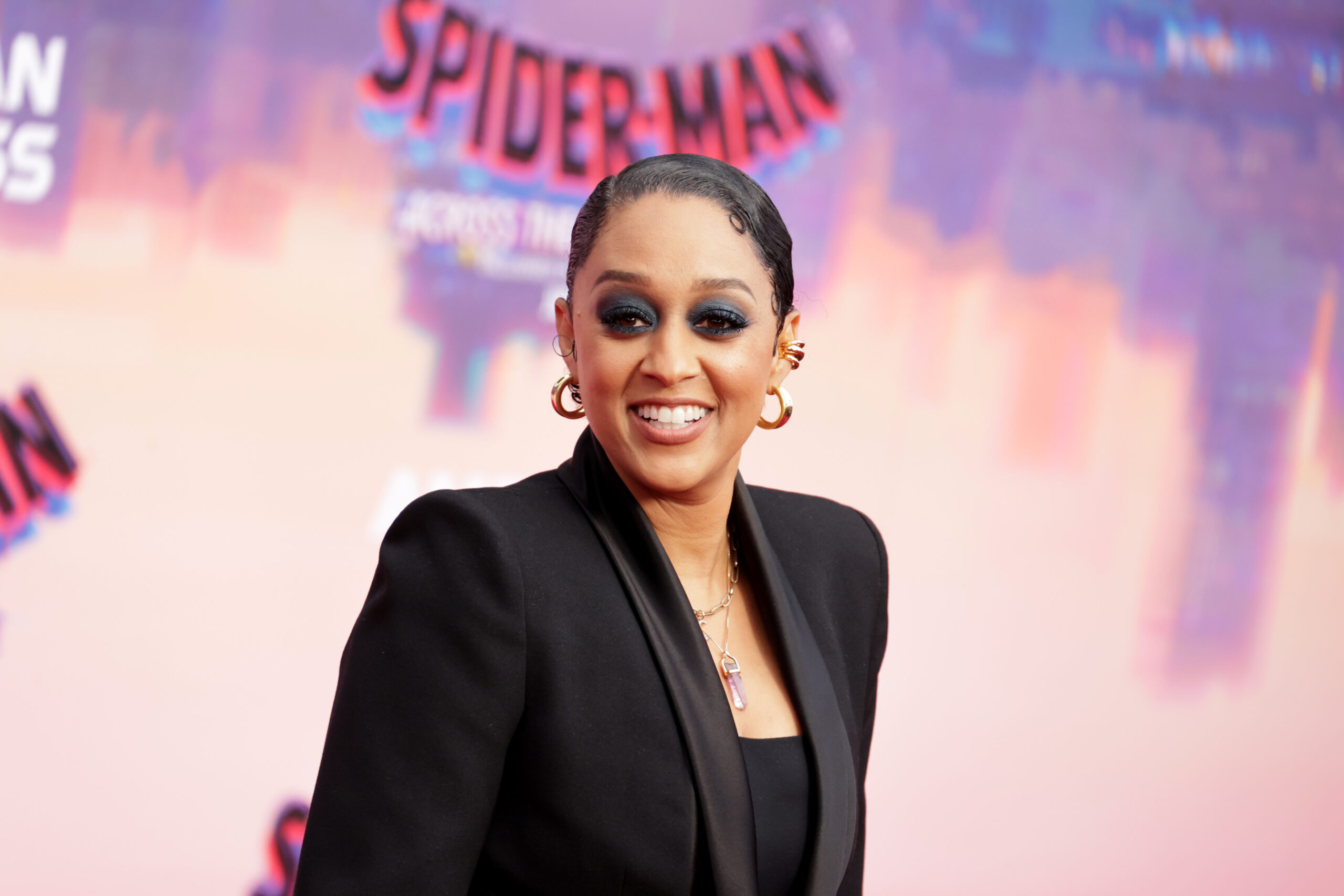On the latest episode of “The Cool Mom Code Podcast,” actress and entrepreneur, Tia Mowry, joined Lizzie Mathis for an empowering discussion. Mowry opened up about her journey to “Hollyweird,” her time on “Sister, Sister,” and identifying as a Black woman.
Representation and Identifying as ‘Black’
One of the most significant subjects Mowry and Mathis discussed during the episode was on-screen representation. Mowry and her sister were two Black, identical twins on their sitcom, “Sister, Sister.” Even beyond that role, the desire to see herself and her community properly represented didn’t stop there for the actress.
“Black men, Black families…the representation was drama, just unhappiness…you didn’t see [Black families] celebrated or represented. And that’s why representation is so incredibly important to me and something that I will fight for,” Mowry said.
The actress is intentional about what characters she plays on-screen. She is always on the look out for characters who are strong Black women and mothers with a positive family dynamic.
“The roles that I take are very intentional…for me, it’s not just about being on screen. I feel like it goes deeper than that. I’ve learned at such a young age, and I will never forget being on stage at the ‘Nickelodeon’s Kid’s Choice Awards’ and see all of these kids screaming your name,” she added. “I felt like I had a responsibility to basically have some sort of awareness that people are looking at me and I want to inspire.”
For Mowry the need for representation goes beyond just media. Making sure Black women are seen is now her life’s purpose.
“Everything that I do now, whether it’s for wellness, I’m all about fighting for Black women and their health, and being taken seriously. As an entrepreneur, it is all about making sure that we are being represented in categories where we weren’t celebrated,” she explained.
Mowry is mixed-race child. Her mother is Black, and her father, white. She says she’s always identified more with her Black roots. Adding that growing up with a Black mother and seeing her struggles and triumphs made her feel as if she is an extension of her.
“That’s how I consider myself,” Mowry said. “I feel like it’s my purpose like I was saying and my passion in life is to be that representation for my community.”
